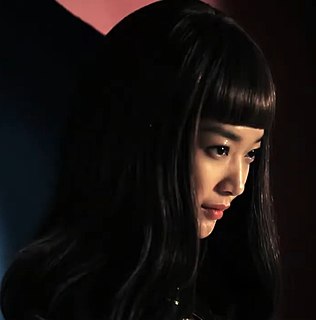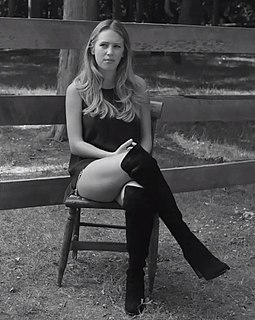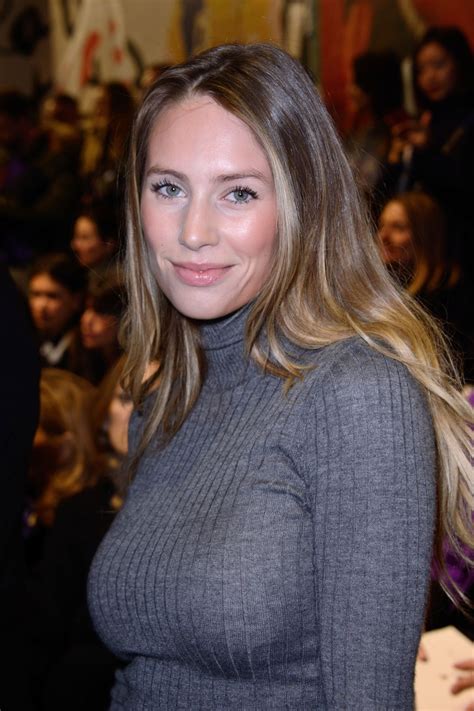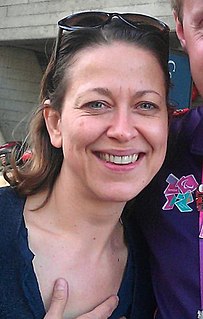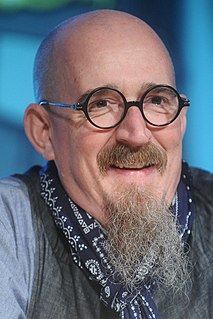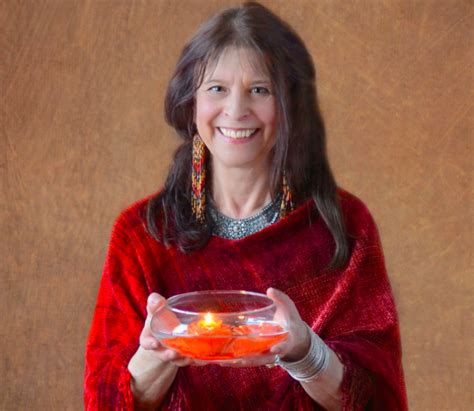A Quote by Shin Min-a
These kinds of scripts telling the stories of women are very rare.
Related Quotes
I started writing because I wanted to write scripts, but I wasn't very good at it. Then I started writing short stories, sort of as treatments for the film scripts, and I found I enjoyed writing short stories far more than I enjoyed writing film scripts. Then the short stories got longer and longer and suddenly, I had novels.
My real purpose in telling middle-school students stories was to practice telling stories. And I practiced on the greatest model of storytelling we've got, which is "The Iliad" and "The Odyssey." I told those stories many, many times. And the way I would justify it to the head teacher if he came in or to any parents who complained was, look, I'm telling these great stories because they're part of our cultural heritage. I did believe that.
A good script is like a work of art in itself. I've read hundreds of scripts, and good ones are very rare. If the writer has something to say, and a voice, and a plot that matches character, and an emotional trajectory that works, then I'd be an idiot to fool around with it. It's just that few scripts ever are like that.
